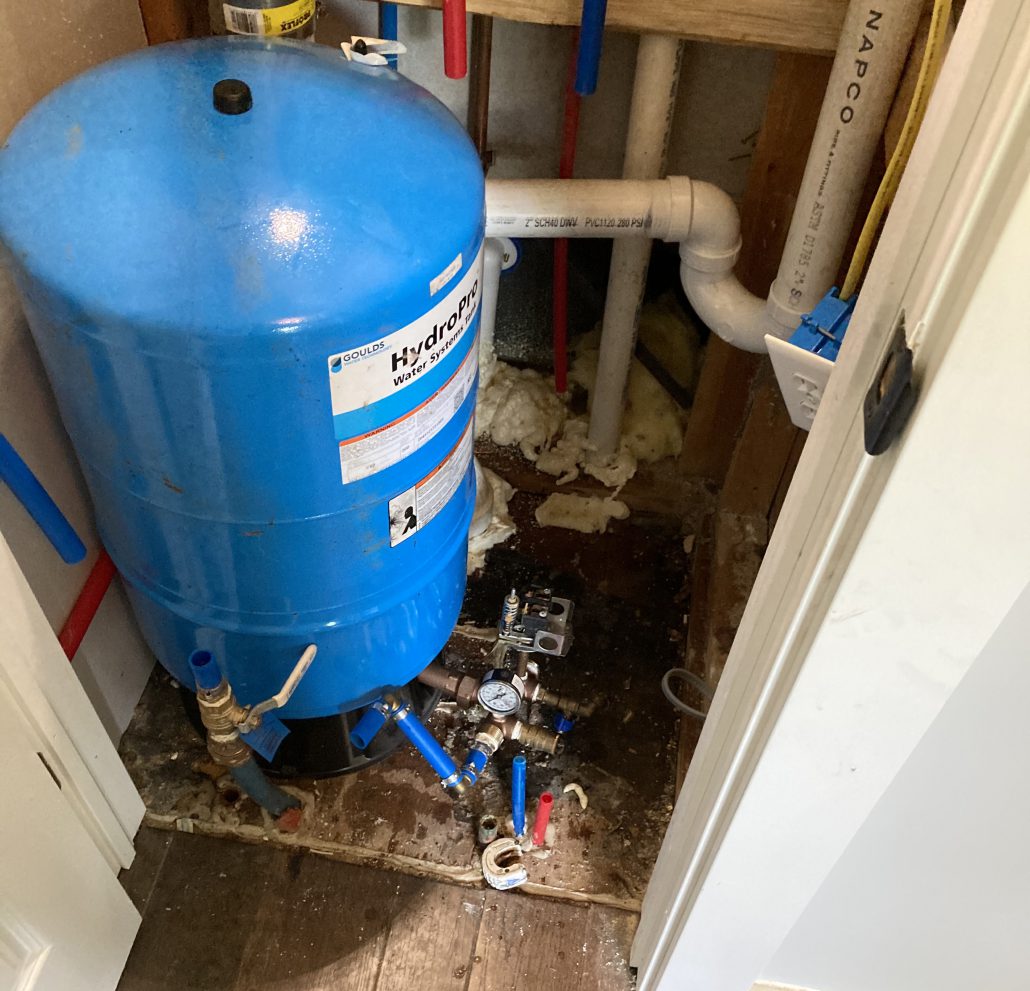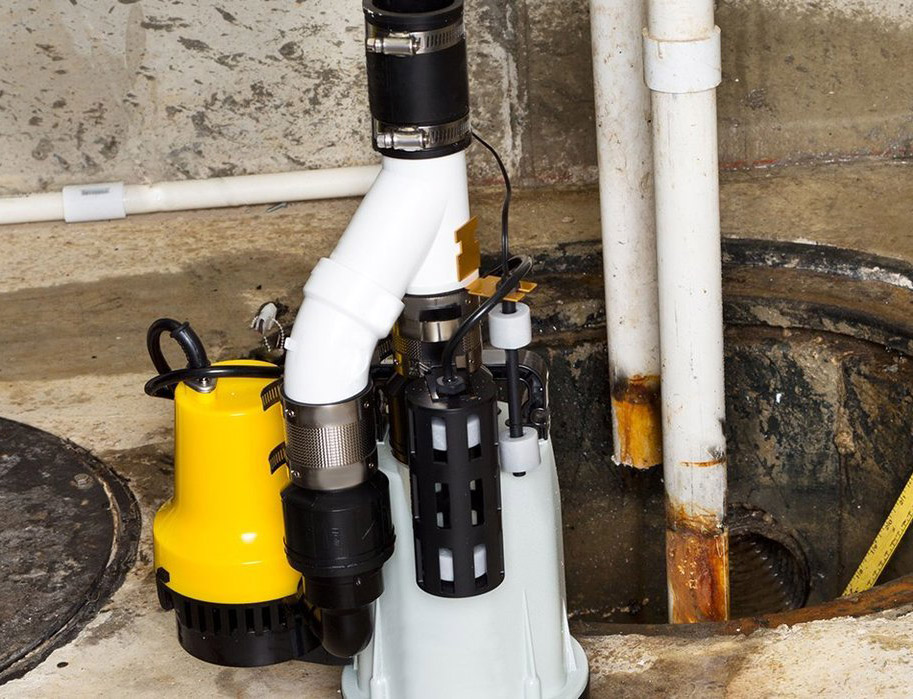Advanced Water Softeners: Say Goodbye to Hard Water Woes For Life
Advanced Water Softeners: Say Goodbye to Hard Water Woes For Life
Blog Article
Recognizing the Key Elements of Effective Water Filtering Systems

Importance of Water Purification Equipment
Water filtering systems play a vital duty in guaranteeing accessibility to clean and secure drinking water by effectively getting rid of impurities and pollutants. These systems are necessary in dealing with the growing concerns over water top quality and the prospective health threats related to consuming infected water. By using various purification mechanisms such as reverse osmosis, turned on carbon, and UV sterilization, water purification systems can successfully get rid of harmful materials like germs, viruses, hefty metals, and chemicals from the water supply.
Moreover, water filtering systems help to enhance the preference and odor of water by removing chlorine, sediments, and various other pollutants that can influence its high quality. Well Pump Replacement. This enhancement in water top quality not only makes it extra palatable but also encourages people to consume alcohol an ample quantity of water daily, promoting far better hydration and total health and wellness
Sorts Of Filtration Elements

Physical filters are made to physically strain out impurities from the water. These filters can be made of products like ceramic, carbon, or even sand, and they work by trapping bits bigger than the filter's pores as water goes through.
Chemical filters utilize various chemical procedures to remove pollutants from the water. Examples consist of activated carbon filters, which adsorb pollutants, and turn around osmosis membranes, which utilize pressure to separate contaminants from the water.
Organic filters use living microorganisms like bacteria or algae to break down raw material and contaminants in the water. These filters are often made use of in wastewater treatment plants or natural water purification systems.
Comprehending the different types of purification elements is vital for picking the most suitable water purification system for particular purification demands.
Feature of Debris Filters
Debris filters play a critical role in water purification systems by properly recording strong particles put on hold in the water. These filters are normally the first line of protection in a purification system, removing bigger particles such as sand, silt, dirt, and corrosion prior to the water moves via finer purification stages. By trapping these sediments, the filters stop them from getting to downstream parts, thus extending the life-span and effectiveness of the entire system.
The feature of debris filters is crucial in maintaining water quality and shielding sensitive devices from damage triggered by particles. Additionally, by eliminating visible particles, sediment filters enhance the quality and taste of the water. On a regular basis changing or cleaning debris filters is important to make certain optimum efficiency. Neglecting this maintenance can lead to blocking, lowered water circulation, and compromised filtering performance. On the whole, sediment filters are important elements that add dramatically to the performance of water filtration systems.
Role of Triggered Carbon Filters
Playing a vital duty in water filtering systems, activated carbon filters are crucial in getting rid of pollutants and impurities from the water supply. As water passes via the filter, the triggered carbon brings in and holds onto the pollutants, guaranteeing that the water click this that comes out on the other side is cleaner and more secure for intake.
Activated carbon filters are extremely efficient at enhancing the preference and smell of water by lowering chemicals that can affect its top quality. Due to their adaptability and reliability, triggered carbon filters are a key part in ensuring that water is cleansed to the highest standards before getting to consumers.
Comprehending Reverse Osmosis Solutions
Reverse osmosis systems are innovative water purification systems that employ an innovative procedure to eliminate impurities and impurities from alcohol consumption water. These systems work by using pressure to the water, requiring it via a semi-permeable membrane. This membrane layer acts as an obstacle, permitting only distilled water particles to pass through, while obstructing larger molecules such as minerals, chemicals, and various other impurities. As a result, the water that appears on the other side is dramatically cleaner and safer for usage.
Furthermore, reverse osmosis systems are relatively low-maintenance and can be set up under the sink or in a main purification system, giving hassle-free accessibility to tidy water throughout the household. In general, understanding how reverse osmosis systems work can assist individuals make notified decisions concerning their water filtering needs.
Conclusion
To conclude, effective water purification systems are crucial for ensuring risk-free and clean alcohol consumption water. The crucial components of these systems consist of debris filters, activated carbon filters, and turn around osmosis systems. By recognizing the function and role of each part, individuals can make enlightened choices when selecting a water purification system. It is necessary to prioritize the top quality of water in order to promote overall health and wellness and well-being.
Water purification systems play a critical function in guaranteeing access to secure and tidy drinking water by effectively getting rid of impurities and impurities. By using numerous filtering mechanisms such as reverse osmosis, turned on carbon, and UV sterilization, water filtration systems can effectively eliminate harmful compounds like bacteria, infections, heavy steels, and chemicals from the water supply.
Sediment filters play a vital role in water filtering systems by successfully recording solid bits put on hold in the click over here now water (Well Pump Replacement).Playing a vital role in water purification systems, activated carbon filters are critical in removing pollutants and impurities from the water supply.Reverse osmosis systems are advanced water filtration systems that check my site utilize an innovative process to remove pollutants and pollutants from alcohol consumption water
Report this page